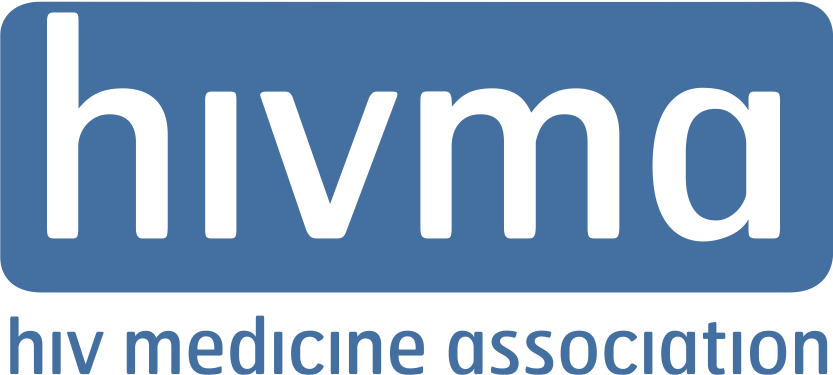Providers, Advocates Call for New Strategies to Improve Access to HIV Care
Report outlines how innovative care models can improve health and quality of life
A significant number of people with HIV are left out of the health system, and new delivery models are needed to improve their access to needed care, according to a new report released by the HIV Medicine Association.
The report notes that in 2020 more than 20% of people with HIV had unmet mental health needs, and nearly 20% experienced unstable housing or homelessness, making it more difficult to access traditional health services.
The report highlights two promising approaches to HIV care: Street medicine takes health care outside of the four walls of a clinic and differentiated service delivery tailors care to the specific needs of the patient. The report outlines how state and federal policymakers can use these models to tailor and improve access to critical health services.
“The United States cannot make meaningful progress toward ending the HIV epidemic without addressing long-standing, systemic barriers to care,” said Michelle Cespedes, MD, MS, chair of HIVMA. “Federal policymakers and other health leaders can help improve access to HIV services for those who need them most by enacting policies that accelerate implementation of new ways to deliver health care services.”
People with HIV contributed to the report, along with public health officials, community leaders, clinical providers and patient advocates.
About the HIV Medicine Association
The HIV Medicine Association is the professional home for more than 5,000 physicians, scientists and other health care professionals dedicated to the field of HIV/AIDS. HIVMA is a community of health care professionals who advance a comprehensive and humane response to the HIV pandemic, informed by science and social justice. HIVMA is part of the Infectious Diseases Society of America. For more information, visit www.hivma.org.
About the Infectious Diseases Society of America
IDSA is a leader on issues of importance to ID professionals, including education and training, policy and advocacy, setting guidelines for patient care and developing resources for clinical practice. It remains at the forefront of global health issues such as COVID-19, antimicrobial resistance and HIV/AIDS. Housed within IDSA is the HIV Medicine Association, which represents medical providers and researchers working on the front lines of HIV. More than 12,000 IDSA and HIVMA members work across the United States and in nearly 100 other countries on six different continents. For more information, visit www.idsociety.org. Follow IDSA on Facebook and Twitter.

